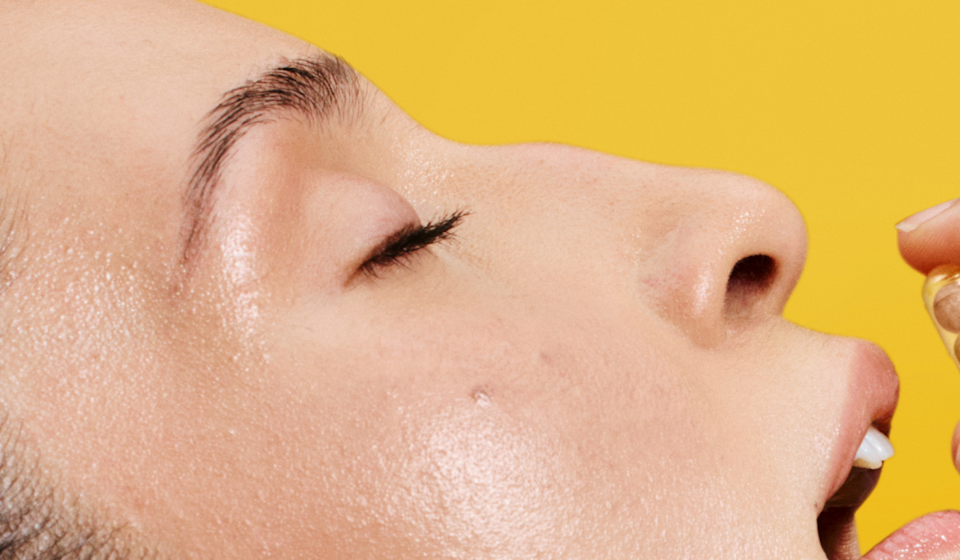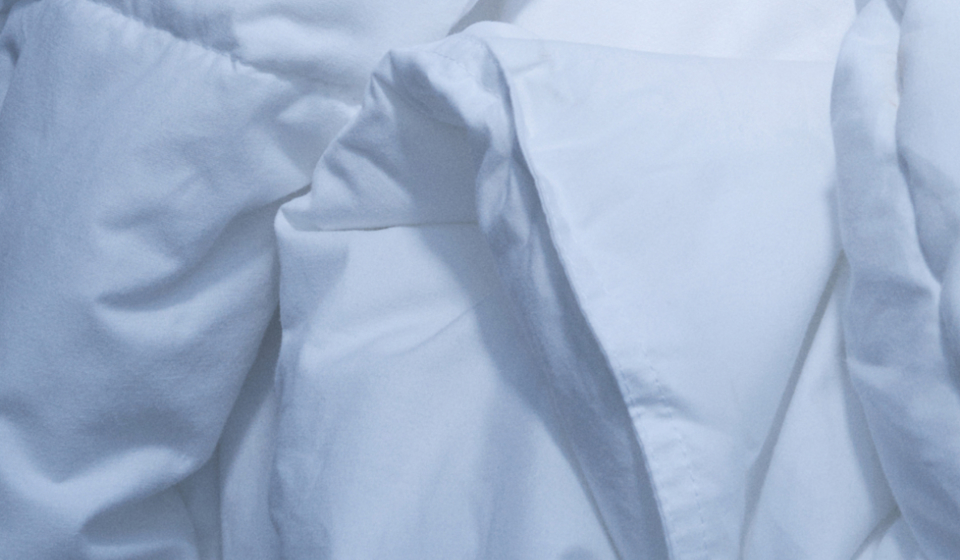Essential Takeaways
• Stress is a natural part of life, no matter who you are. Better understanding the science of stress can help you take steps to manage it.
• Regular exercise, quality sleep, relaxation techniques, social connectedness, and seeking out professional help when you need it are important parts of stress management.
• Our new Stress Relief Supplement, Stress Relief BioSeries™, supports the body’s natural cortisol response—with an instant and extended release formulation for all-day support.*†
†8 hour release
Stress is a natural part of life, no matter who you are. It’s the heartbeat in your ears when you think you’ve said the wrong thing, the rapid breathing when you realize how little time you have to get everything done, the sudden laser focus when you see that ex at the grocery store.
We all know it when we feel it. But what is stress, exactly? And what’s going on in the body when it happens? Better understanding the science of stress can help you take steps to manage it, whether that’s through lifestyle changes, mental health support, or a combination of the two.
What Is Stress, Scientifically Speaking?
Stress, according to the National Institutes of Health, is “a physical and emotional reaction that people experience as they encounter challenges in life.” (1) It’s a human response that everyone goes through, to varying degrees.
When the body experiences a stressor, it triggers a stress response aimed to avoid the threat through a series of adaptive physiological and behavioral changes. The thing is, our bodies are wired to respond to the threats of yesterday, like bears chasing us. They’re not great at distinguishing between life-threatening like bears and daily stressors like remembering to file taxes. So, those same changes that help you escape death-by-bear bubble up even when you’re physically safe.
Despite our physical safety, the effects of stress are far-reaching. More than a third of people may find their stress levels overwhelming most of the time, and more than two-thirds of people may experience health effects because of stress, like headaches, fatigue, or feeling sad. (2,3)
What Causes Stress?
Things that cause stress are called stressors. Stressors can be physiological or physical, negative or positive—but any kind of stressor can trigger the body’s stress response. (4)
Common stressors include:
• Taking an exam
• Going on a job interview
• Giving a presentation at work
• Going to a meeting without knowing what it’s for
• Going on a first date
• Fighting with a loved one
• Slamming on the brakes to avoid an accident
• Getting an alarming text
• Having to ask the local bodega guy for help reaching the tampons
• Wait — that last one might just be me
Think about the last time you were in one of these situations. Did your heart rate speed up? Did you suddenly feel a burst of energy? That was your stress response kicking in.
What Is the Stress Response?
You’ve heard of fight or flight, right? In response to stressors, the amygdala, a part of the brain, sends a signal to the hypothalamus, another part of the brain. That signal triggers activation of the sympathetic nervous system, which is the part of the body’s autonomic nervous system (the control center of involuntary functions, like breathing and heart rate).
The hormonal and physiological changes that follow—including a surge of adrenaline—ready the body to respond to the perceived stressor. These changes include increased focus and reaction speed, higher blood pressure and heart rate, faster breathing, and decreased blood flow to nonessential organs. Essentially, everything you’d want to help you outrun a bear.
If the stressor persists even after these changes, the hypothalamus kicks the hypothalamus-pituitary-adrenal axis (HPA) into high gear. HPA activation leads to the release of the hormone cortisol, which keeps you alert and makes glucose more available to the brain for energy.
When the body’s out of fight or flight mode, the parasympathetic nervous system (also part of the autonomic nervous system) cools down the stress response and returns to pre-stressor hormone levels. (4,5)
The Good, the Bad, and the Stress
Stress can be good or bad. What’s the difference? And how much does it matter?
Scientists refer to “good” stress as “eustress,” and “bad” stress as “distress.” Eustress can be constructive and lead to increased engagement, while distress can be… well, distressing. Sometimes stress can be a combination of eustress and distress.
Interpretation is important here. How you interpret the stressor depends on who you are, what you’ve been through, how much control you have, and whether you feel threatened or challenged by the stressor. (6-9)











